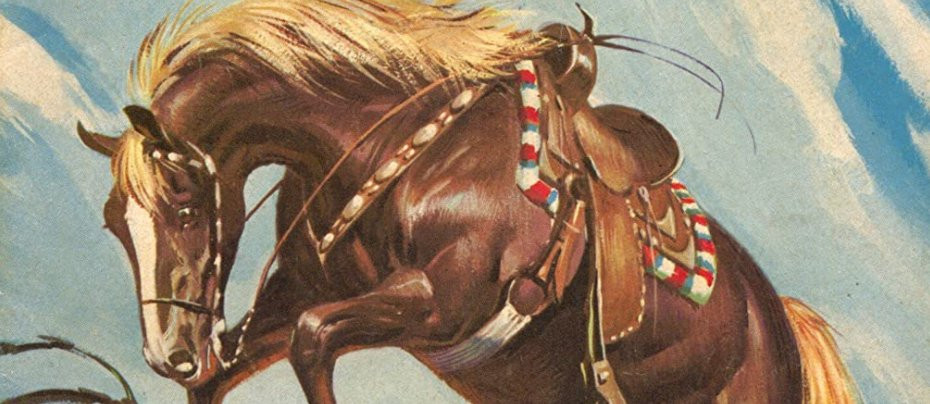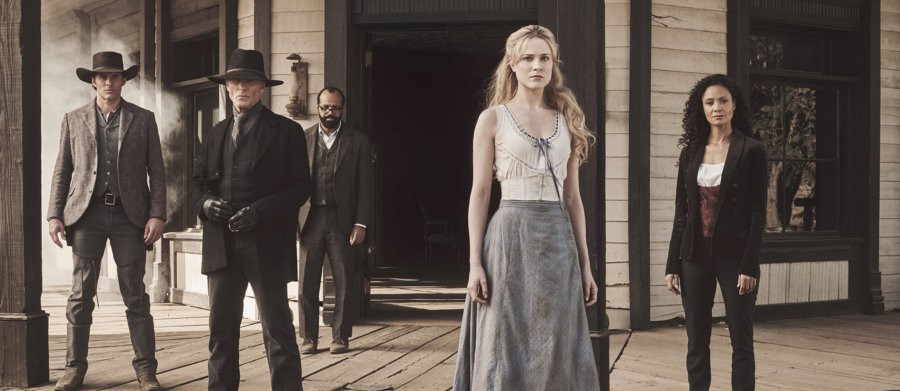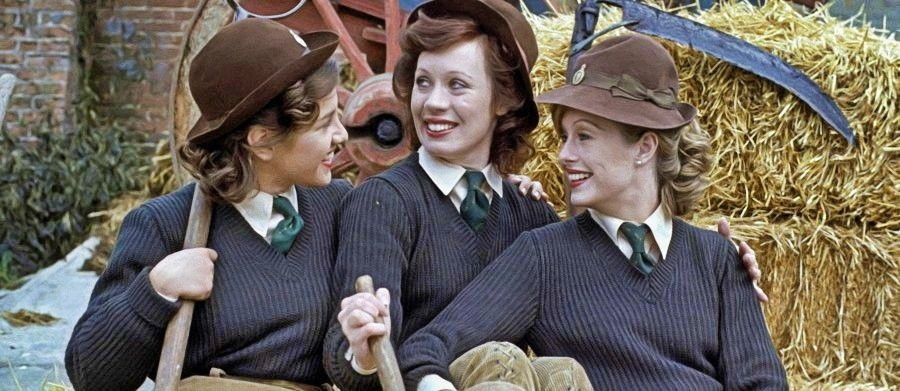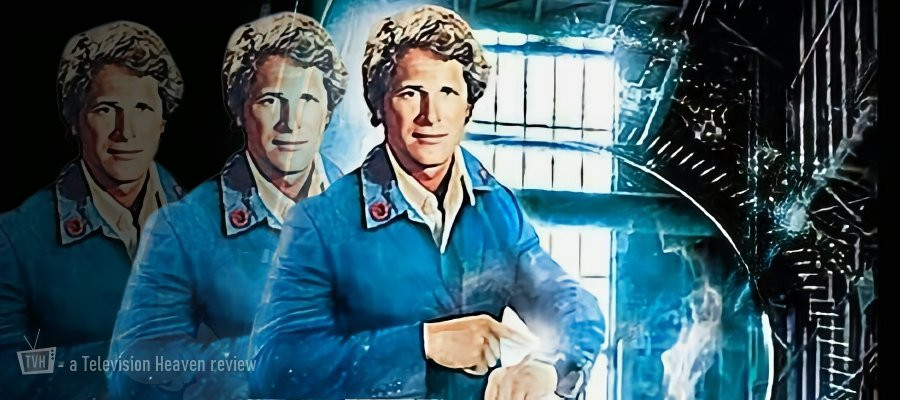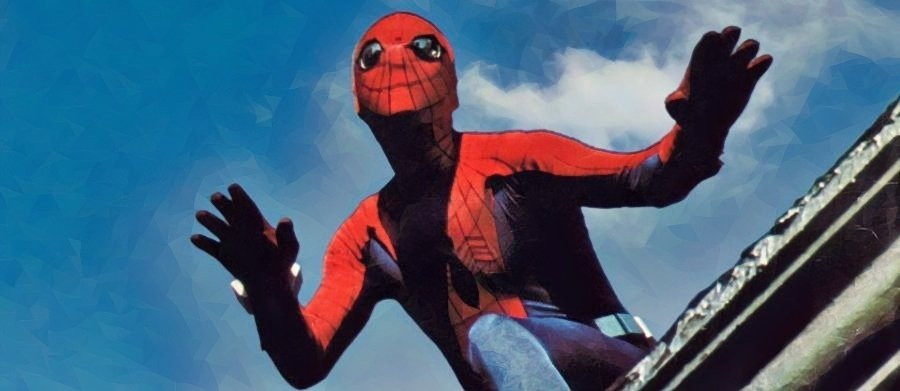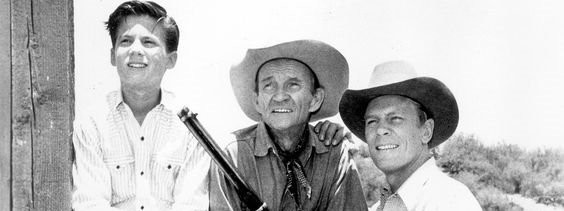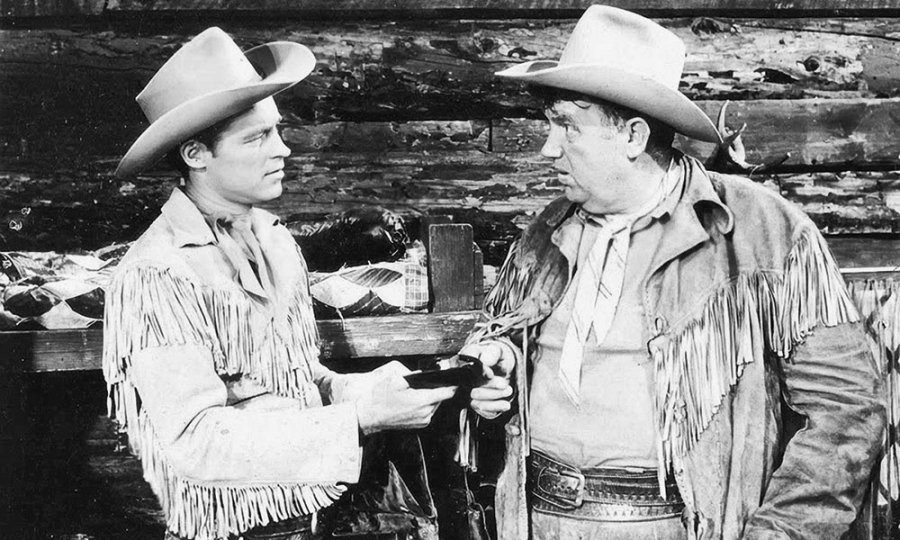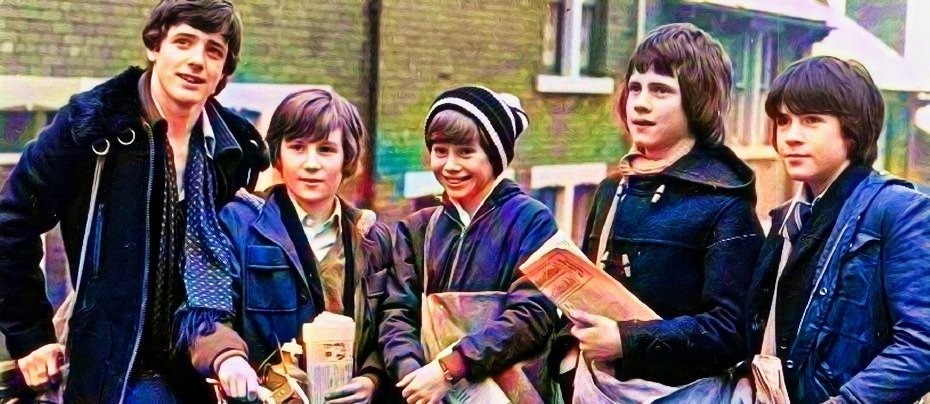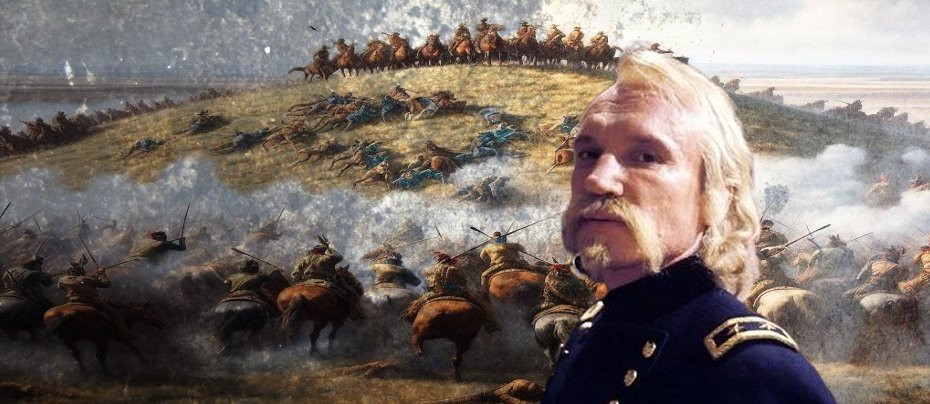
The Court Martial of George Armstrong Custer
1977 - United StatesAt a time when Hollywood is churning out too many remakes, ‘The Court Martial of George Armstrong Custer’ might be a better candidate than most
Review by John Winterson Richards
Counterfactual history - basically asking what if something else had happened - is a very useful intellectual exercise. It teaches that nothing is historically inevitable and that very small changes can have very significant consequences.
It is also great fun and has enormous dramatic potential. For example, Fatherland and The Man in the High Castle explored, to great commercial success, what might have happened if Germany had won the Second World War. The Court Martial of George Armstrong Custer is an early example of the subgenre. Its premise is a simple question: what if Custer had been the only survivor of Custer's Last Stand?
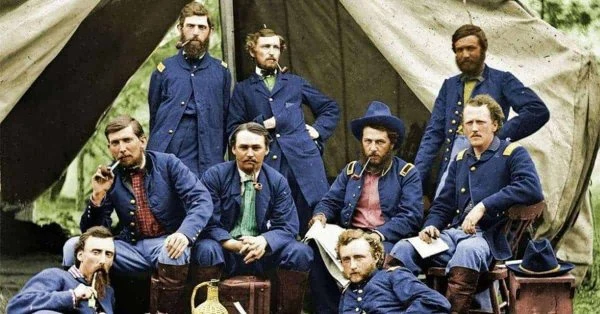
It is not wholly incredible that if one of the 210 men of the 7th Cavalry under Custer's direct command who were wiped out at the Battle of the Little Big Horn had survived it might have been Custer himself. As a witness in The Court Martial of George Armstrong Custer mentions quite graphically, it was generally the custom of the Plains Indians to mutilate the corpses of their fallen enemies, but almost alone among the dead at his Last Stand, Custer did not have his mortal remains violated in this way. The spin in the American press at the time was that this was because even the Indians acknowledged him as a mighty warrior and so paid him this unique tribute. The more likely version is that the Cheyenne acknowledged him, reluctantly, as kin because he had fathered a child on a Cheyenne woman on an earlier campaign.
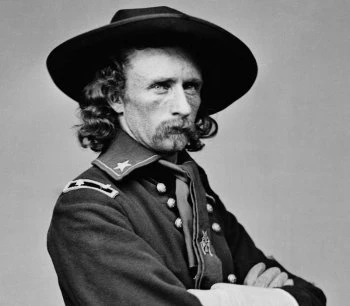
The television movie, based on Lieutenant Colonel Douglas C Jones' bestselling novel, offers some credible speculation about what might have happened afterwards had Custer lived. Custer would surely have been court martialled and it would have been a very political event as the script suggests. Even as it was, in actual history, there was a trial. Major Marcus Reno, who had been second in command of the Seventh at the Battle, in which he had succeeded in extricating his own battalion from a difficult situation, grew tired of ill-informed accusations that he had failed to rescue Custer, especially from an impossible situation of Custer's own making, and demanded a Court of Inquiry. There he was duly exonerated, but he did not come out of it as well as he had hoped.
The Reno Inquiry might be the basis an interesting television drama in its own right - and elements are included in The Court Martial of George Armstrong Custer - but it would have been Hamlet without the Prince. Indeed, one of the biggest disappointments about The Court Martial of George Armstrong Custer is that there is insufficient George Armstrong Custer in it.
The focus is more on the politics behind the case and on the court room clash between the rival attorneys, both of which are handled very well. It is therefore surprising that the producers lacked confidence in the dramatic power of their main story and padded it out with a number of superfluous subplots.
The best is lifted by a wonderfully insidious Anthony Zerbe as a blackmailer, but it goes nowhere. The same is true of a heavy handed attempt on the part of Colonel Nelson Miles to help Custer at the trial. While it is true that Miles is on record as having expressed approval of Custer's presumed plan at the Little Big Horn after Custer's death (see our review of Son of the Morning Star), he was even more ambitious than Custer and not so close to him to make it likely that he would have endangered his own glittering career - which was to lead him to the post of Commanding General of the entire US Army - for a potential competitor.
Another subplot concerns Custer suffering from some form of mental break down, presumably what would today be called Post Traumatic Stress Disorder (PTSD). This would be understandable under the circumstances, and Custer, for all his genuine courage, was always highly strung, but the script never really explores the condition. This is a wasted opportunity and it also deprives us of what we really want to see, an arrogant Custer on the witness stand trying to defend his actions. His actual testimony is handled cleverly, but in these circumstances the viewer expects a big dramatic moment which never arrives.
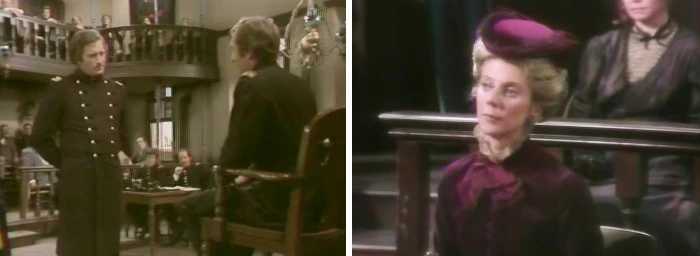
Finally there is the inevitable soapy romantic subplot, a very unsubtle hint of a tenderness between the prosecutor and Mrs Custer. This is untrue to everything we know about a woman who was besotted by her husband even after his death, and if the case of the Cheyenne lady suggests that he was unworthy of such fidelity it also undermines another suggestion made by the script.
Such inaccuracy is regrettable because it is obvious that a lot of research and thought went into the novel and the script. This is apparent in a lot of nice little touches for those who know the history of the period. The general selected to preside at the Court Martial is Major General John Schofield, who, as Superintendent of West Point at the time, tended to get such assignments. There is a clever moment when he exchanges Christian names with one witness, Brigadier General Alfred Terry, who was Custer's immediate superior in the Black Hills War. Someone, probably Jones, obviously noted that Schofield and Terry had served together as Corps commanders in North Carolina during the Civil War. This also emphasises the point that the US Army in 1876 was an astonishingly small, tight knit professional force, less than twenty thousand strong, in which longserving officers tended to know each other well. The shrinkage of the massive armies of the Civil War into this tiny cadre of Regulars explains why "General Custer" was in fact a Lieutenant Colonel at the time, a point of some significance in the court room (even if one assumes everyone there would have been well aware of the conventions).
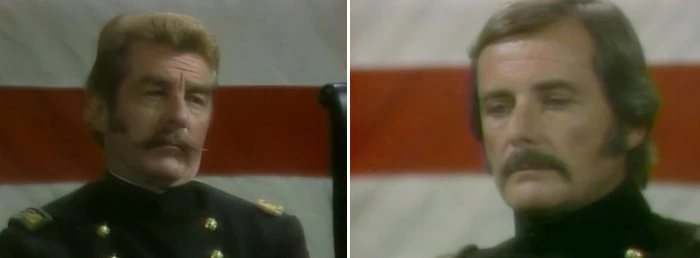
The defence attorney refers in passing to Generals McDowell and Pope as members of the Court Martial, both played by non speaking extras. His words about generals who lost battles would have seemed barbed to them because they were famous as the losers of the First and Second Battles of Bull Run in the Civil War, but they retained their commissions in the Regular Army after the War, so they would indeed have been eligible to serve on the Court.
The real life prosecutor at this fictional trial is Asa Bird Gardner, later spelled Gardiner, who, in our own timeline, later clashed with Schofield in the Fitz John Porter Court Martial, at which the latter presided (and at which the reputations of McDowell and Pope suffered more damage). Gardner also prosecuted in the Johnson Whittaker case (itself dramatised as a compelling television film) which also involved Schofield, so he would have been a logical choice to prosecute Custer. However, the script gets it wrong when Gardner claims not to be a combat soldier: he won the Congressional Medal of Honour in the Civil War (and was later asked to hand it back by a review committee chaired by none other than Nelson Miles).
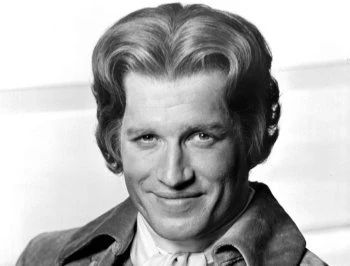
Ken Howard nevertheless makes Gardner far more likeable than he probably was: the Whittaker case reveals him as a racist even by the standards of his time and later, as a member of the notorious "Tammany Hall" Democratic machine, he was removed from office as the District Attorney of New York for corruption by the reforming Republican Governor Theodore Roosevelt.
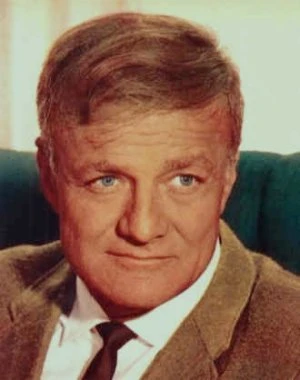
Howard is in any case thoroughly upstaged by the great Brian Keith as a defence attorney in the folksy but florid American tradition half way between young Mr Lincoln and Clarence Darrow. Blythe Danner is luminous as "Libbie" Custer. James Olson has great presence as Custer and it is a pity he is not given more to do: what he does he does well.
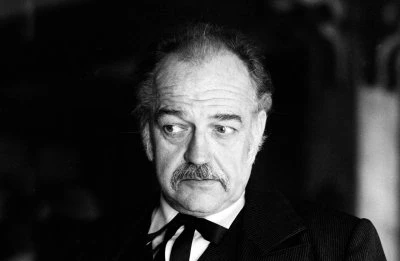
Richard Dysart (LA Law) is far from obvious casting as President Ulysses S Grant, but it is no surprise that this classy actor is wholly convincing about what Grant must have felt in such a situation. J D Cannon, almost compulsory as a villain in what seems like every American television series around this time, is perfect as the famously ruthless William T Sherman, the Commanding General of the US Army at this point. Nicolas Coster looks too tall as "Little Phil" Sheridan but his air of prickliness seems accurate. Stephen Elliot is an avuncular Schofield right out of a John Ford Western. Again, it illustrates the small world of the US Army at the time that all five of its Post Civil War Commanding Generals - Grant, Sherman, Sheridan, Schofield, and Miles in that order - appear as characters.
William Daniels (Knight Rider, St. Elsewhere) is the Grand Master of brittle authority figures and his portrayal of Major Reno is the undoubted highlight of the production. He paints a memorable picture of a proud man beginning to crack under pressure on the witness stand as he relives an experience in the Battle that would surely have shaken anyone. Whether this interpretation is fair to the historical Reno is debatable - while he seems to have been in a state of shock and lost control of his command at one point as it retreated in disorder, all the tactical decisions he made were correct - but, either way, it is great drama. That we have one future President of the Screen Actors Guild (Howard) cross examining another (Daniels) illustrates another small world.
Overall, The Court Martial of George Armstrong Custer works well as legal drama on a very limited budget. Nowadays CGI would enable a producer to open it up a bit, recreate the Battle, and debate some of the controversies in greater detail. That was not really an option on television at the time, given the technology and the budgets, so the production deserves credit for making the best of what it has, most of all a first class cast.
At a time when Hollywood is churning out too many remakes, The Court Martial of George Armstrong Custer might be a better candidate than most for one. However, the current crop of Hollywood writers are more likely to ruin it by inserting too much present day politics and not enough actual history, and in any case it is hard to imagine anyone surpassing the original cast, especially Daniels at his best.
Seen this show? How do you rate it?
Seen this show? How do you rate it?
Published on November 21st, 2023. Written by John Winterson Richards for Television Heaven.


